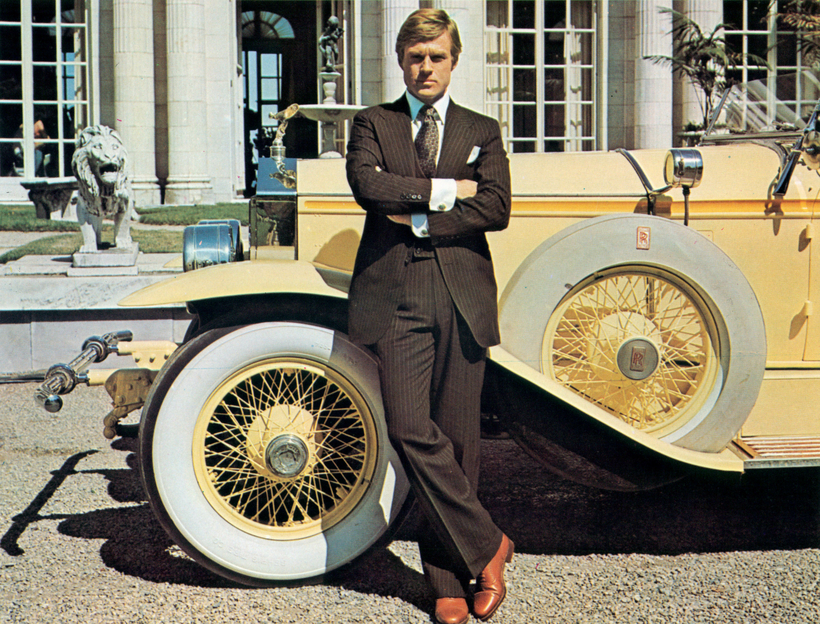The Great Gatsby entered the public domain on January 1. Michael Farris Smith’s new novel, Nick, arrived four days later to exploit the expiration of Fitzgerald’s copyright to tell the story of Nick Carraway before he moved to West Egg. I say “exploit” because it’s hard to think of Nick as anything other than an opportunistic act of literary vandalism. Smith doesn’t deepen or complicate our understanding of Fitzgerald’s novel or its narrator. Instead, he lifts the urbane future bond trader we know from Gatsby and plops him into a crude historical thriller.
The story begins in France during the First World War, where Nick is engaged in trench warfare. The rations are meager, the cigarettes half smoked, and many of his comrades have been wounded. War, as we’ve heard, is hell. But not Paris, where Nick meets and makes love to a beautiful girl named Ella in her attic squat. On his next leave, he finds Ella unconscious, having chased pills with whiskey in her lonesome desperation. He nurses her back to health, and then returns to the front, now with his own inexplicable death wish. On a probable suicide mission, he’s nearly killed by German underground explosives, but miraculously survives and, after playing dead in a mass grave for two days, escapes. When the war ends, he goes back to Paris to look for Ella, but she is nowhere to be found.


